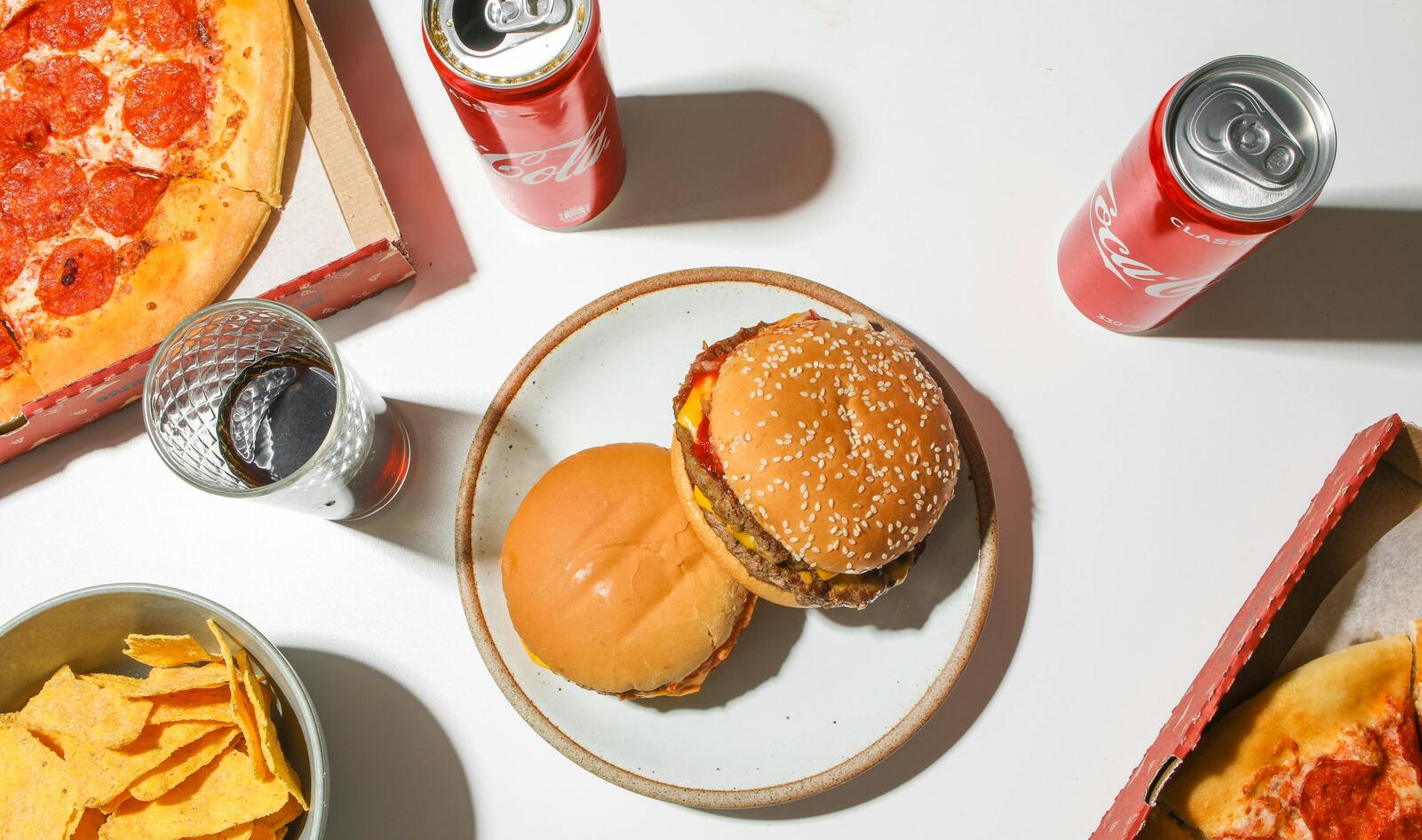Once considered a quick and affordable meal option, fast food is now seen as a luxury by many Americans. According to a recent survey by LendingTree, nearly 80 percent of Americans view fast food as a luxury due to rising menu prices.
This shift is particularly pronounced among those struggling financially, including individuals earning less than $30,000 a year, parents with young children, Gen-Zers, and women.
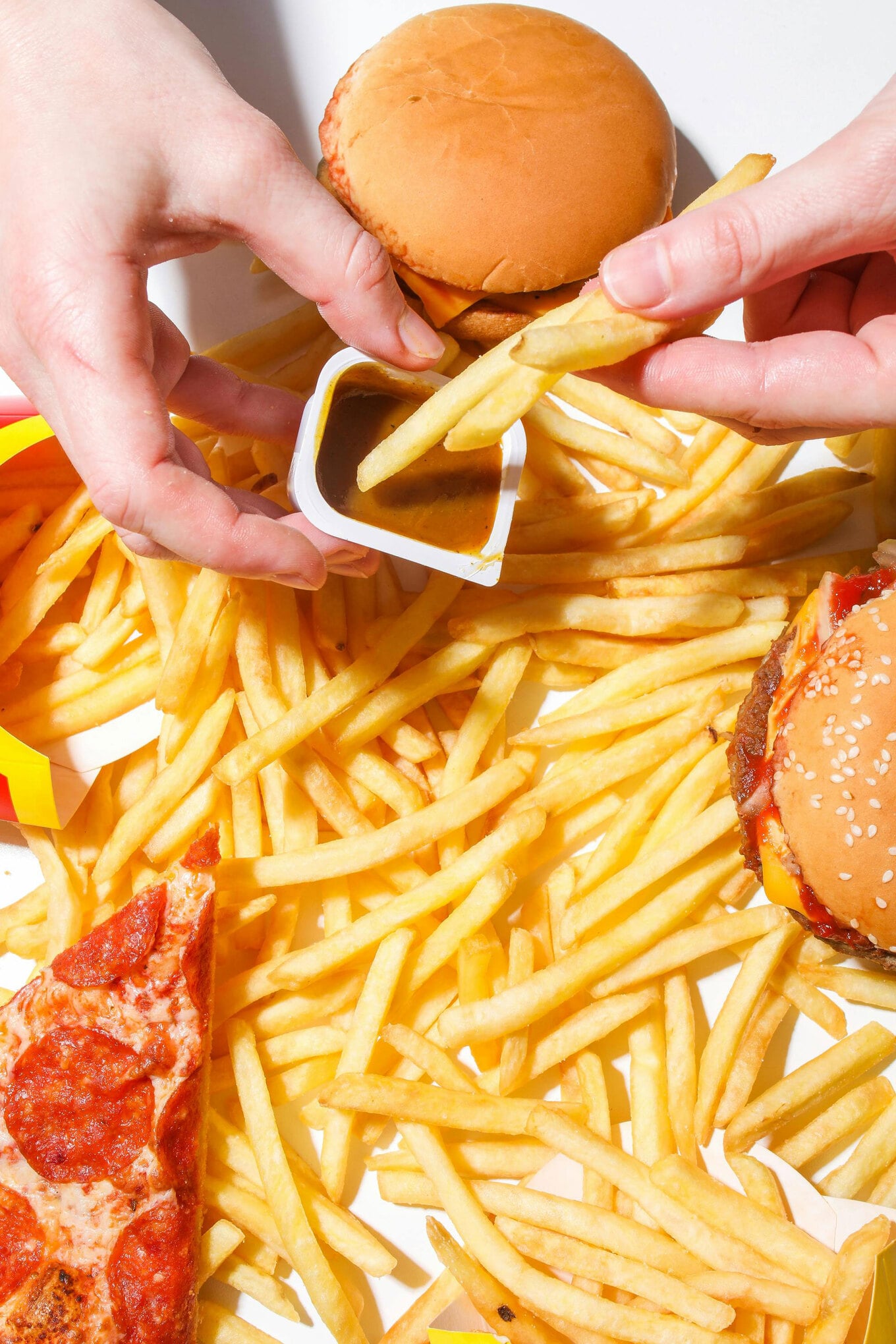 Polina Tankilevitch/Pexels
Polina Tankilevitch/Pexels
Since 2014, prices at major fast-food chains such as McDonald’s, Chipotle, Taco Bell, and Chick-fil-A have increased significantly, with McDonald’s prices doubling and others rising by up to 86 percent.
Despite these increases, companies are attempting to attract customers by introducing value meals, such as McDonald’s $5 value meal and Wendy’s $3 breakfast deal. But are these meals losing their value?
Eating animal products is getting toxic
Despite becoming more costly, consuming the ultra-processed foods served at fast-food restaurants comes with other costs, too. One study published earlier this month in the BMJ—which spanned 30 years and involved 114,000 health professionals—found that high consumption of ultra-processed foods, particularly those rich in meat and dairy, is associated with a moderate increase in mortality risk.
In addition to these issues, consuming animal products in 2024 comes with even more risks. For one, an ongoing bird flu outbreak has spread to cattle, leading to questions about the risks associated with meat and dairy products.

The USDA, FDA, and CDC have stated that all milk from affected animals is being destroyed to prevent it from entering the human food supply. Despite this, experts remain cautious.
“The fact that [cows] are susceptible—the virus can replicate, can make them sick—that is something I wouldn’t have predicted,” Richard Webby, an influenza virologist at St. Jude Children’s Research Hospital, recently told The New York Times.
A recent Consumer Reports investigation found that some store-bought milk contains PFAS, also known as forever chemicals. These chemicals, linked to cancer and other health issues, were found in six out of fifty milk samples tested from various states.
“A bunch of dairy farms over the years have reported PFAs contamination in their water or their soil, and then subsequently in their cows, and then the milk that the cows produce,” Consumer Reports’ Lauren Kirchner said in a statement.
“PFAS are often added to products to make them waterproof [and] stain resistant. And once PFAS are out in the world, they end up in our water supply, they end up in the fertilizer farms use, they end up in our food, and they end up in us,” Kirchner said.
Obesity and fast food
Over the past 30 years, the prevalence of obesity and obesity-related diseases in the US has risen sharply. Since the early 1970s, the percentage of children aged 6 to 19 classified as overweight has more than tripled, from 5 percent to 17 percent, while the percentage of adults classified as overweight or obese rose from half to two-thirds of the population.
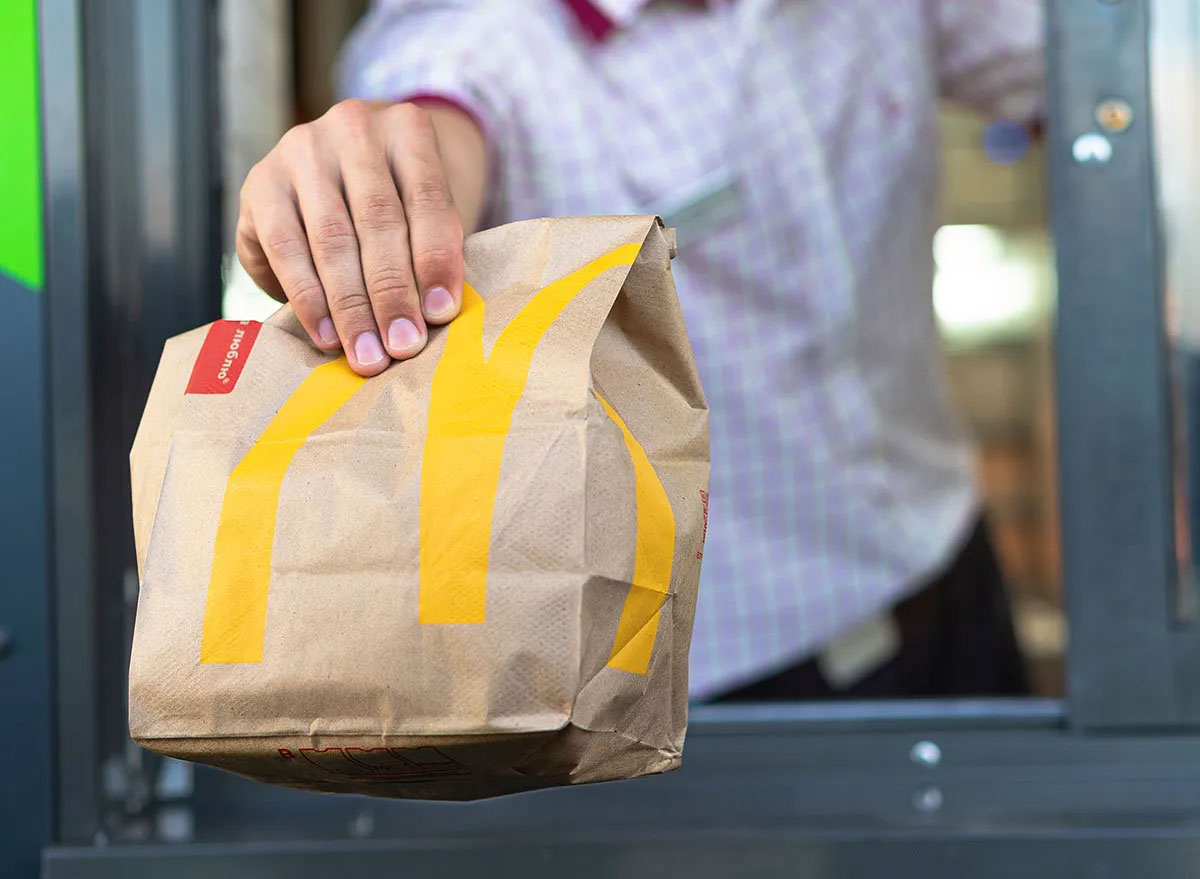 Shutterstock
Shutterstock
Concurrently, the number of fast-food restaurants more than doubled. These days, three in four Americans consume fast food at least once every week, the LendingTree survey found.
To control obesity, Americans are now turning to prescription weight-loss drugs such as Ozempic and Wegovy—both of which rely on semaglutide, a GLP-1 agonist, previously used to treat type 2 diabetes. In 2023, one in 60 adults in the US was prescribed this class of drug, according to the American Pharmacists Association, a number that is expected to rise.
But what happens when you stop using this medication? One study found that those who stopped using semaglutide, and the associated lifestyle interventions, regained two-thirds of their lost weight within a year.
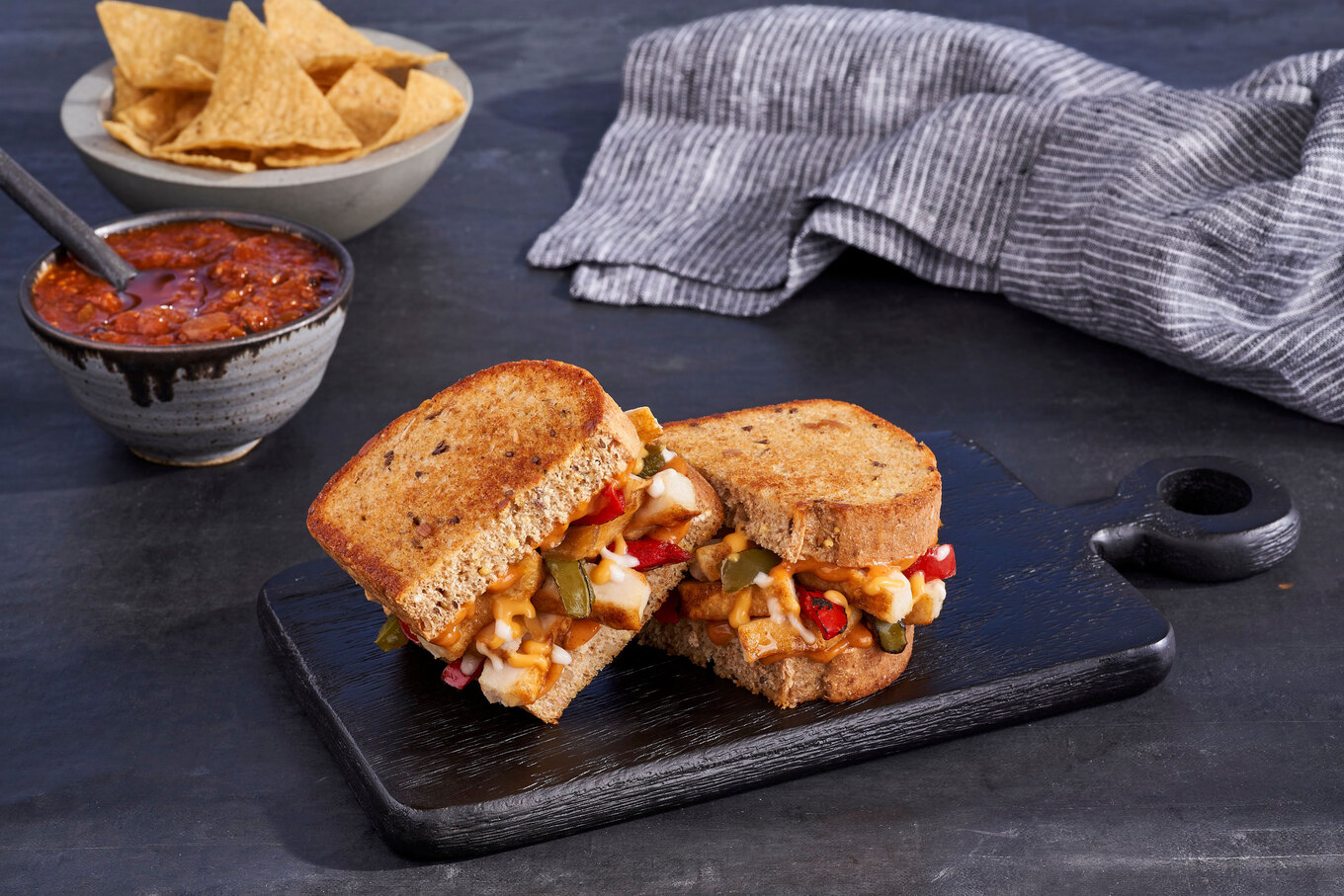 Nestle
Nestle
At the end of 2024, food and beverage giant Nestlé will jump onto this trend with a new food line called Vital Pursuit, aimed at supporting Americans using these weight-management medications.
While the exact products have not been announced, this brand will offer 12 high-protein, portion-controlled products filled with fiber and essential nutrients, including protein pasta, whole grain bowls, sandwich melts, and pizzas—priced at $4.99 per meal and under, to target the value shopper that fast-food is now leaving behind.
A tipping point for healthy eating?
Will Nestle’s Vital Pursuit line finally give Americans healthy food options to support meaningful weight loss? Or will it be more akin to the Lean Cuisines of the yo-yo dieting industry of the past?
In any case, the ultra-processed food industry is getting a makeover, with the global health and wellness food market, currently valued at just under $879 billion, projected to grow significantly to $1.6 trillion by 2031.
 Getty
Getty
And all signs point to a plant-based makeover. While ultra-processed foods are not generally considered healthy, their composition matters, and reaching for plant-based foods in this category—including oatmeal, dried fruit, and canned beans, all affordable options—can make for a healthy diet, a recent USDA study showed.
When it comes to meat, research also points to the superiority of processed plant-based meats over their animal counterparts in several metrics, including lower saturated fat contents and higher fiber counts.
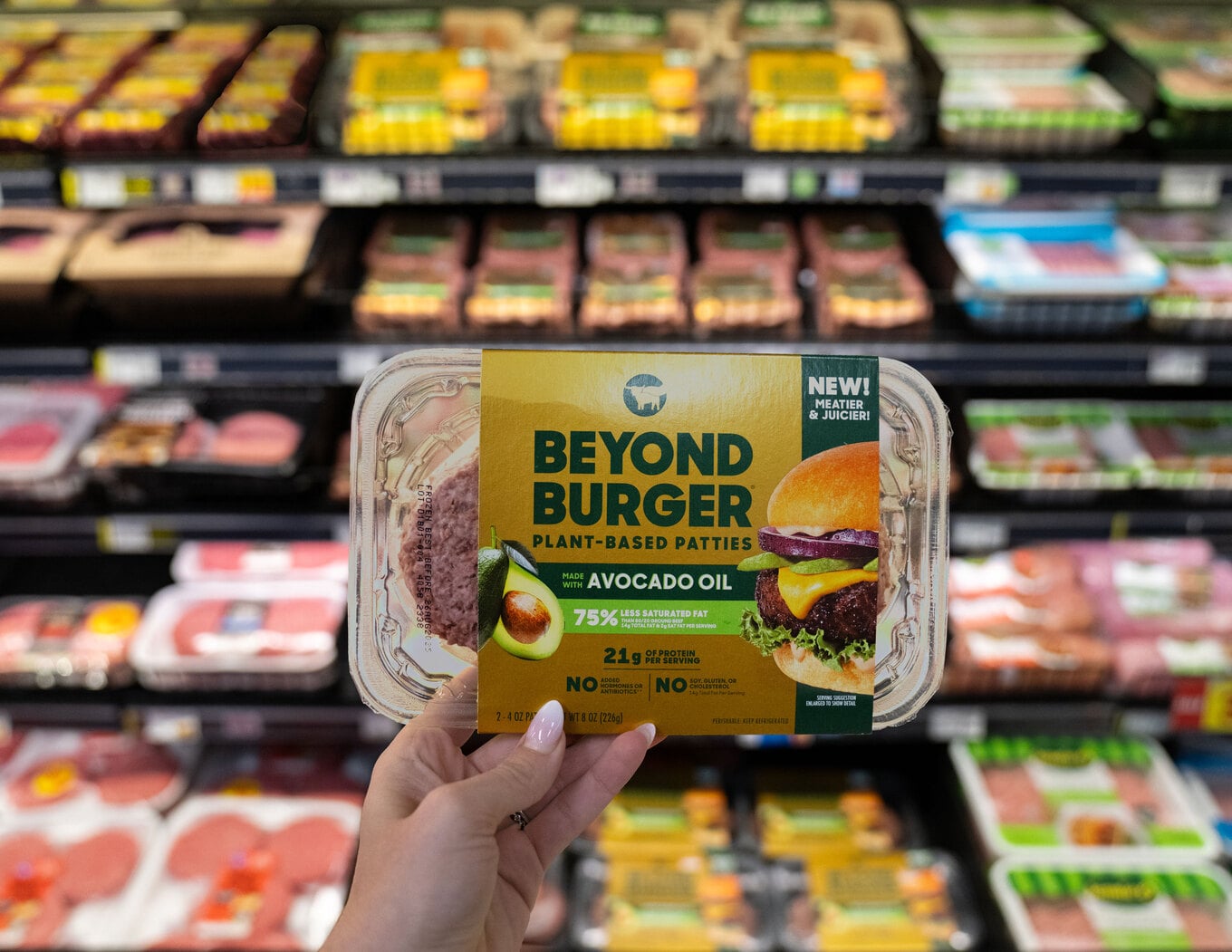 Beyond Meat
Beyond Meat
Plus, giants in this segment, including Beyond Meat and Impossible Foods, are fine-tuning their formulations to meet consumer demands for even healthier ingredient labels.
This means that as traditional fast food becomes more expensive—and the safety of the animal products used to make them continues to be questioned—Americans might consider plant-based alternatives more attractive from both a price point and health perspective.
For more plant-based stories like this, read:
JUMP TO ... Latest News | Recipes | Guides | Health | Subscribe

